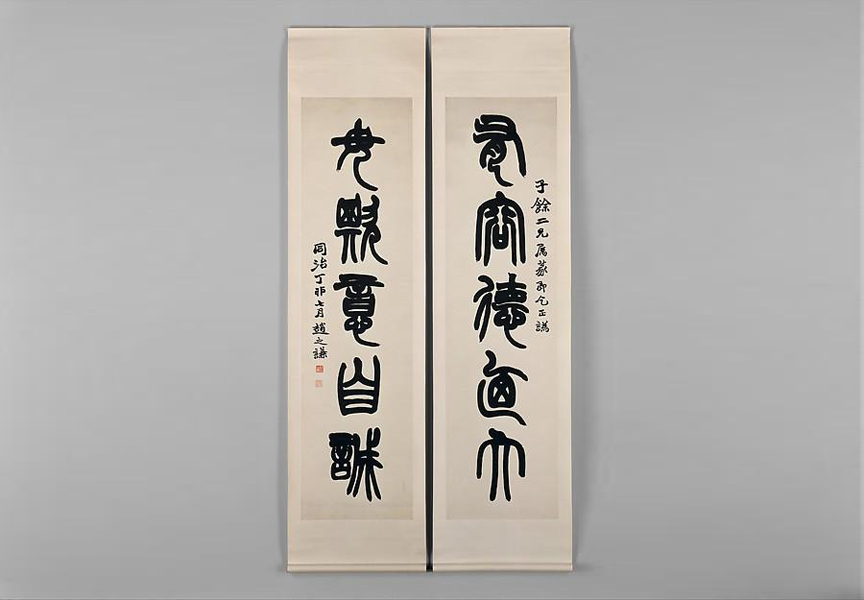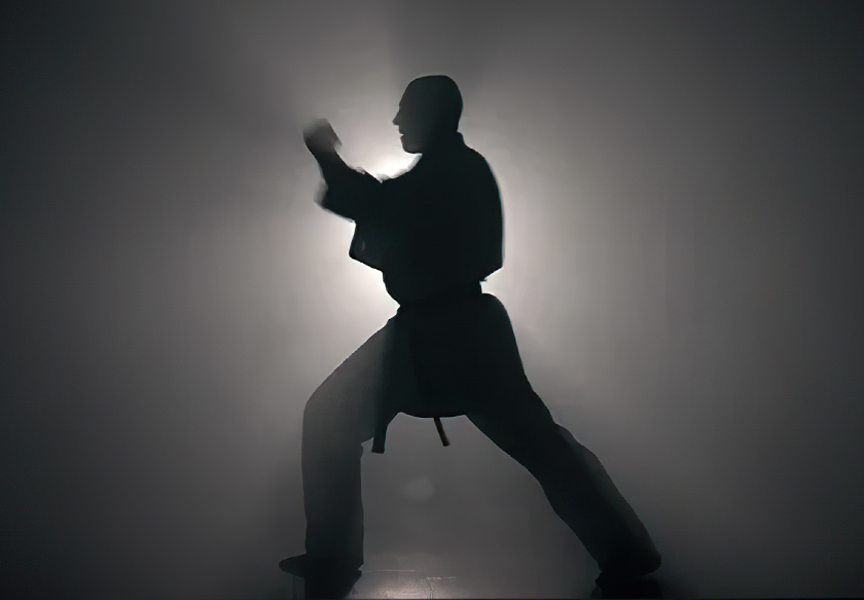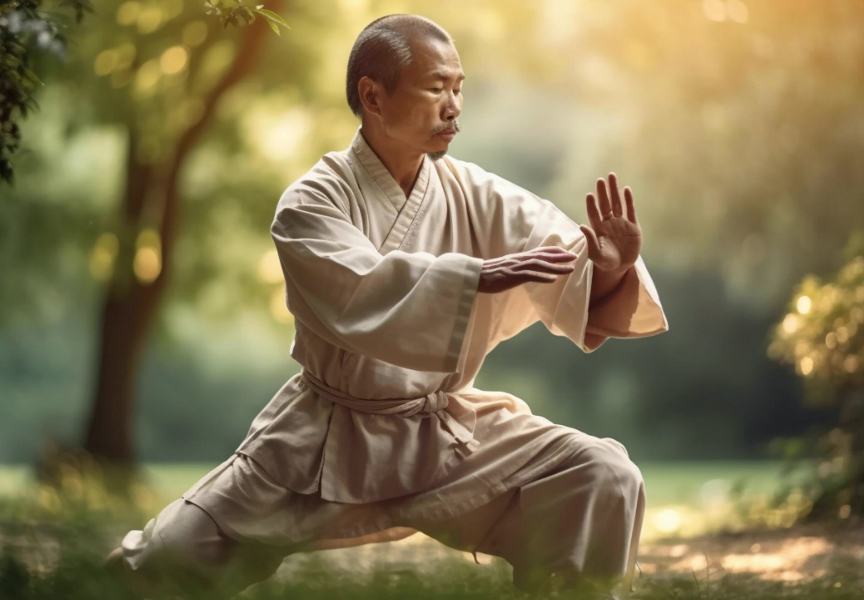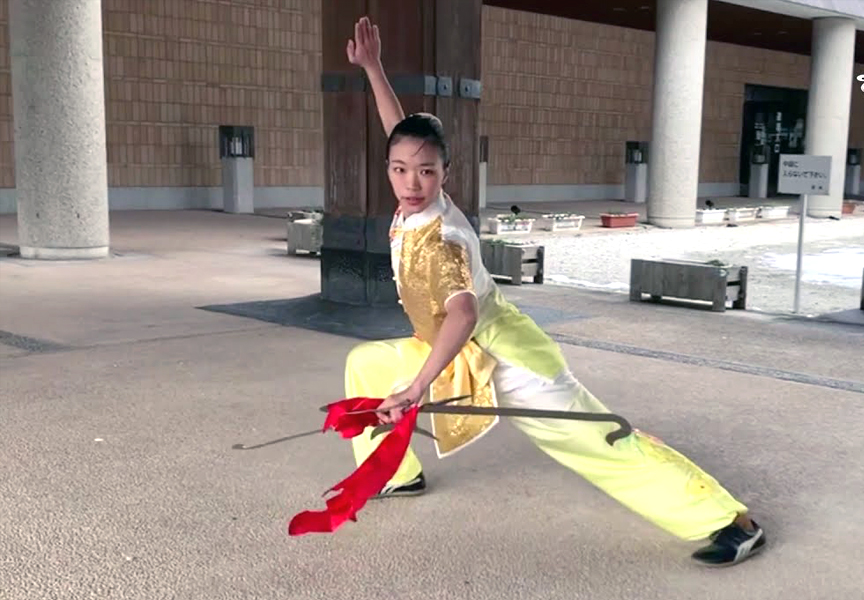Random Free Articles
- Paper Engraved Couplets

Paper Engraved Couplets in a Shaolin Kung Fu School In the tranquil courtyards of a traditional Shaolin Kung Fu school, amidst the echoes of ancient martial arts techniques, there exists a practice that transcends physical prowess – the art of paper engraved couplets (Zhǐ kè duìlián 纸刻对联). Within these hallowed grounds, where discipline meets spirituality, these delicate paper creations adorn the walls, serving as both a…
- Profound Benefits of Meditation

In an increasingly fast-paced and stressful world, many people are turning to meditation as a means to find solace, peace, and balance in their lives. Meditation is an ancient practice that has stood the test of time, and its popularity in the modern world is a testament to its effectiveness. Beyond its spiritual and philosophical roots, meditation offers a wide array of tangible benefits for the mind, body, and overall well-being. In this…
- The True Essence of Martial Arts

A Journey of Self-Mastery and Personal Growth Martial arts, often perceived as a collection of physical techniques and combat skills, holds a deeper significance that transcends the realm of physical prowess. Beyond the kicks, punches, and intricate forms lies the true essence of martial arts—a profound journey of self-mastery, self-discovery, and personal growth. In the heart of this ancient practice, individuals embark on a transformative…
- Lack of Martial Arts Masters

In the golden era of martial arts, masters were revered figures, embodying not just physical prowess but a deep understanding of philosophy, discipline, and tradition. However, as we advance into the 21st century, the number of genuine martial arts masters seems to be dwindling. What could be contributing to this decline? Commercialization of Martial Arts One of the most significant factors is the commercialization of martial arts. With the…
- Chinese Kung Fu Weapons

A Storied Legacy of Martial Mastery Chinese martial arts, with their rich history and diverse forms, have captivated enthusiasts around the world. Among the many facets of this ancient tradition, the array of weapons used in Chinese Kung Fu stands out as a testament to the art's depth and complexity. These weapons can be broadly categorized into long weapons, short weapons, and concealed weapons, each with its unique characteristics and…

